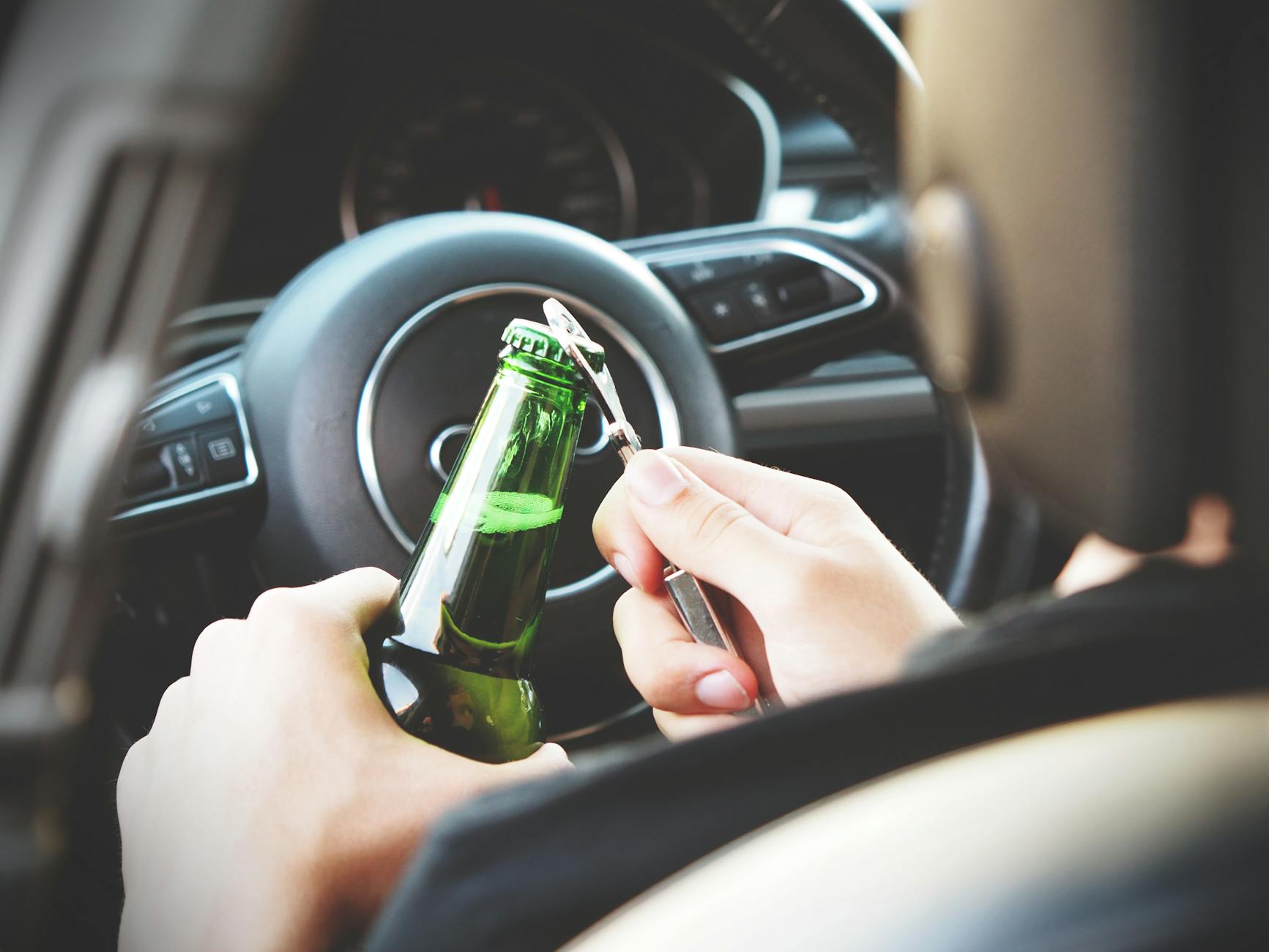Unveiling the mystery behind alcohol tolerance: Discover the key factors that dictate how many beers it takes to get drunk.
Table of Contents
Alcohol consumption is a common social activity that many adults partake in. Whether it’s a casual drink after work or a night out with friends, most people are familiar with the effects of alcohol intoxication. But have you ever wondered how many beers it takes to get drunk? In this blog post, we will delve into the science behind alcohol metabolism, individual tolerance levels, and various factors that influence intoxication.
Alcohol Metabolism
When you consume alcohol, it gets absorbed into your bloodstream through the walls of your stomach and small intestine. From there, it is transported to your liver, where the process of alcohol metabolism begins. The liver breaks down alcohol into acetaldehyde, a toxic substance that is further metabolized into acetate and eventually eliminated from the body.
Several factors can influence how quickly your body metabolizes alcohol. These factors include your age, gender, weight, and genetics. For example, younger individuals tend to metabolize alcohol more slowly than older adults due to differences in liver function. Additionally, women typically have a lower tolerance for alcohol than men, as they have less of the enzyme responsible for breaking down alcohol.
Individual Tolerance Levels
Individual tolerance to alcohol can vary greatly among different people. Tolerance refers to the body’s ability to handle increasing amounts of alcohol before experiencing the effects of intoxication. Some individuals may have a high tolerance and require more drinks to feel drunk, while others may have a low tolerance and feel intoxicated after just a few sips.
It’s important to note that tolerance levels can change over time with regular alcohol consumption. The more frequently you drink, the higher your tolerance may become as your body adapts to the presence of alcohol. This can lead to a dangerous cycle of increased alcohol consumption to achieve the desired effects, ultimately putting you at risk for alcohol dependence and other health issues.
Factors Influencing Intoxication
Aside from alcohol metabolism and individual tolerance levels, several other factors can influence how drunk you get from drinking beer. One key factor is food consumption. Eating a meal before or while drinking can slow down the absorption of alcohol into your bloodstream, reducing the likelihood of feeling drunk quickly.
Hydration is another important factor to consider. Drinking water between alcoholic beverages can help prevent dehydration and lessen the effects of intoxication. Additionally, certain medications can interact with alcohol and amplify its effects, leading to increased intoxication and potential health risks.
It’s crucial to know your own limits when it comes to drinking alcohol. Understanding how factors such as alcohol metabolism, tolerance levels, food consumption, hydration, and medication can influence intoxication can help you make informed decisions and practice responsible drinking habits.
In conclusion, the question of how many beers it takes to get drunk is not a simple one to answer. The science behind alcohol intoxication is complex and multifaceted, with various factors influencing the effects of alcohol on the body. By being aware of these factors and monitoring your alcohol consumption, you can enjoy drinking in a safe and responsible manner. Remember to always drink in moderation and prioritize your health and well-being above all else.
FAQ
How does alcohol metabolism impact how many beers will get you drunk?
Alcohol metabolism varies based on factors like age, gender, weight, and genetics. Individuals with faster metabolism may require more beers to feel intoxicated, while those with slower metabolism may feel drunk sooner.
Can tolerance levels change over time with alcohol consumption?
Yes, tolerance levels can increase with regular alcohol consumption. This can lead to the need for more drinks to achieve the same level of intoxication, potentially increasing the risk of alcohol dependence.
How does food consumption affect alcohol intoxication?
Eating a meal before drinking can slow down alcohol absorption, delaying the onset of intoxication. This can help prevent feeling drunk quickly and reduce the likelihood of experiencing severe effects of alcohol consumption.
Why is hydration important when drinking alcohol?
Staying hydrated is crucial while consuming alcohol as it helps prevent dehydration and can lessen the effects of intoxication. Drinking water between alcoholic beverages can also aid in maintaining a balanced state while drinking responsibly.


Leave a Reply